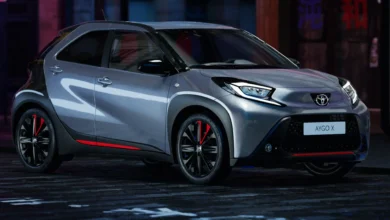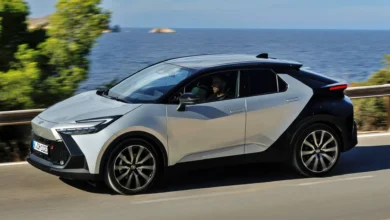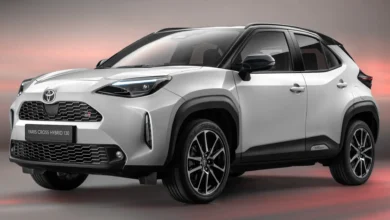
Vehicles powered by hydrogen are already a reality, but the fact that there is still a long way to go before this alternative fuel becomes a truly viable option is not. There is no doubt that this fuel cell technology can become a serious option in the market, with interesting advantages not only compared to current combustion vehicles but also compared to an electric technology that continues to advance with time. time.
First of all, do you know exactly what a hydrogen car is? Also called fuel cell electric vehicles, or FCEVs, are those that use hydrogen as the primary source of energy to propel themselves. This hydrogen is stored in high-pressure tanks: its reaction with oxygen generates the electricity necessary to propel the vehicle, which passes through a small intermediate battery. That said, we look at the pros and cons of hydrogen-powered vehicles.
Advantages of hydrogen cars
The main advantage that this type of vehicle has is clear: they do not produce exhaust emissions while driving, just like an electric vehicle, which gives them that main differentiation compared to cars with a combustion engine. The resulting chemical reaction with hydrogen produces electricity to propel the vehicle and, on the other hand, water vapor that is expelled through the exhaust pipe.
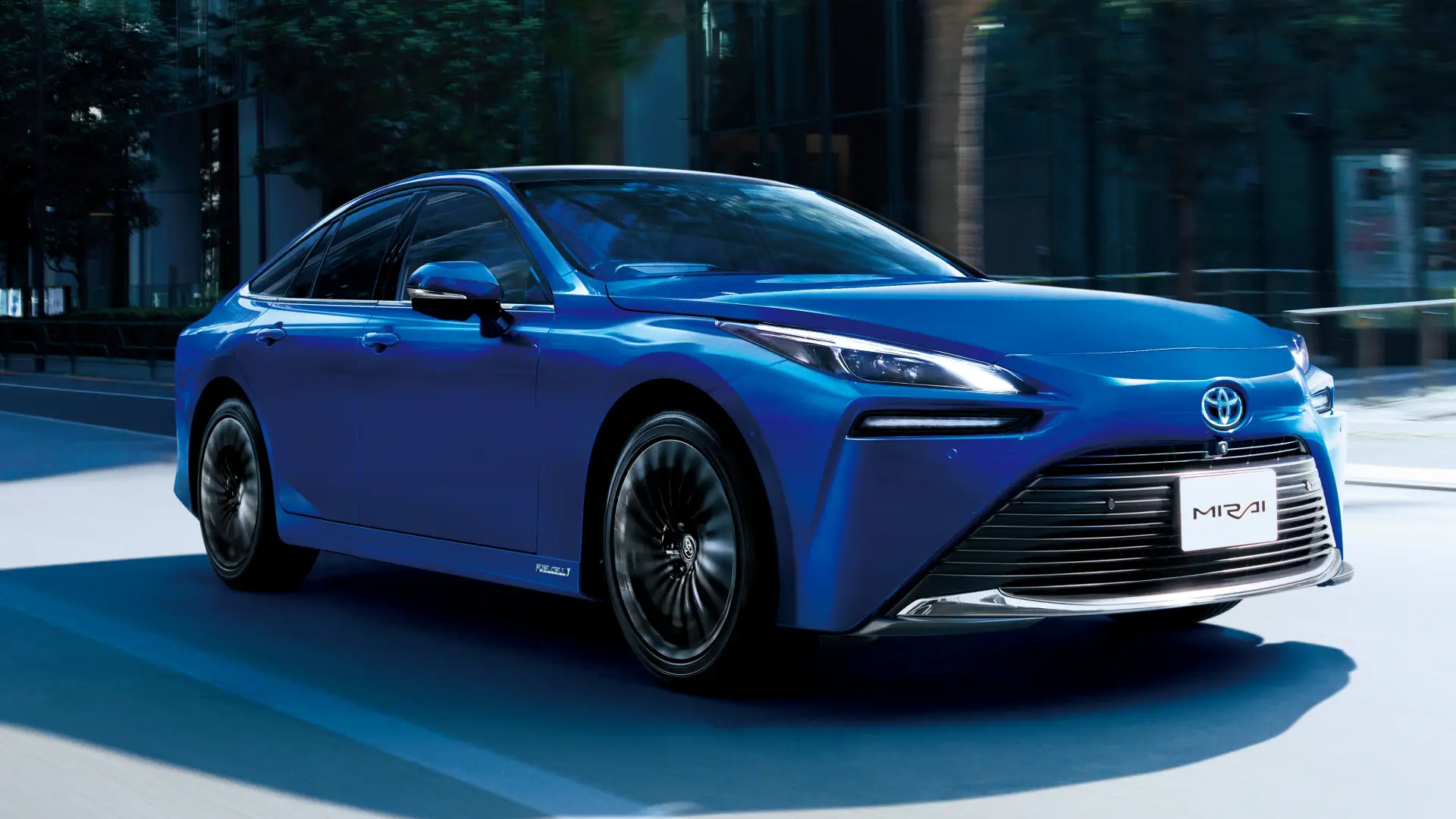
Regarding the electric vehicle, its great advantage is in the hydrogen refueling process: the procedure is very similar to that of a gasoline and diesel car, taking about 5 minutes to refuel at the hydrogen stations. In addition, the range is similar to that of conventional vehicles.
Hydrogen is the most abundant element on the planet and, although it is not found freely in nature, it makes it virtually inexhaustible. Its weight/volume ratio is very low, and it also has considerable energy performance.
Hydrogen power is estimated to use 40-60% of fuel energy, with a 50% reduction in fuel consumption. Furthermore, the range of a hydrogen car is not affected by the outside temperature, something that in electric cars does affect its battery and the charging process, especially in extreme temperatures.
Disadvantages
Although the emissions that come out of the exhaust pipe, as we said, are zero and not harmful, large-scale hydrogen production can pose environmental problems, and that is one of the main reasons why this alternative fuel is not yet established.
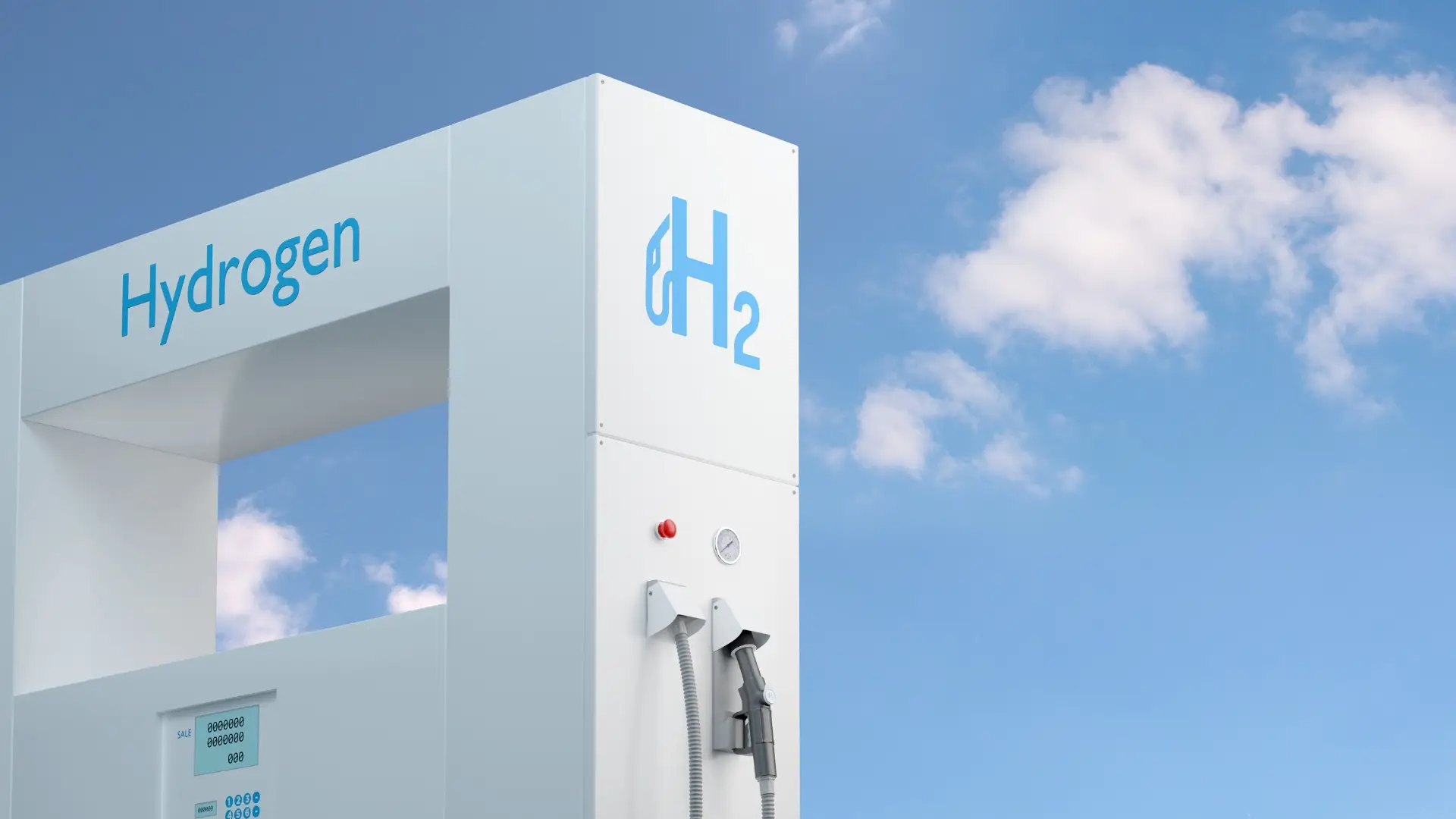
According to Pirelli, for every kg of hydrogen, up to 10 kg of CO2 is produced: a significant amount of fossil fuels are used to produce this hydrogen. Renewable energies can indeed be used for its production, but currently, it is a much more expensive procedure. Hydrogen itself is not yet environmentally viable to mass produce.
The other major disadvantage of this technology, something similar to what happens with electric cars – but on a larger scale – is the virtual shortage of hydrogen recharging points. There are currently only 8 publicly accessible hydrogen stations, and the global figure barely reaches 400 recharging stations. Here, refueling prices are not cheap at all, and we can find ourselves in the situation of spending up to 120 euros for a full tank.
Although the gas tanks are light, they are very bulky, which in the end the size of the vehicle will determine the total range as they are limited to the available space. The technology it uses also makes this type of vehicle heavier than usual.

